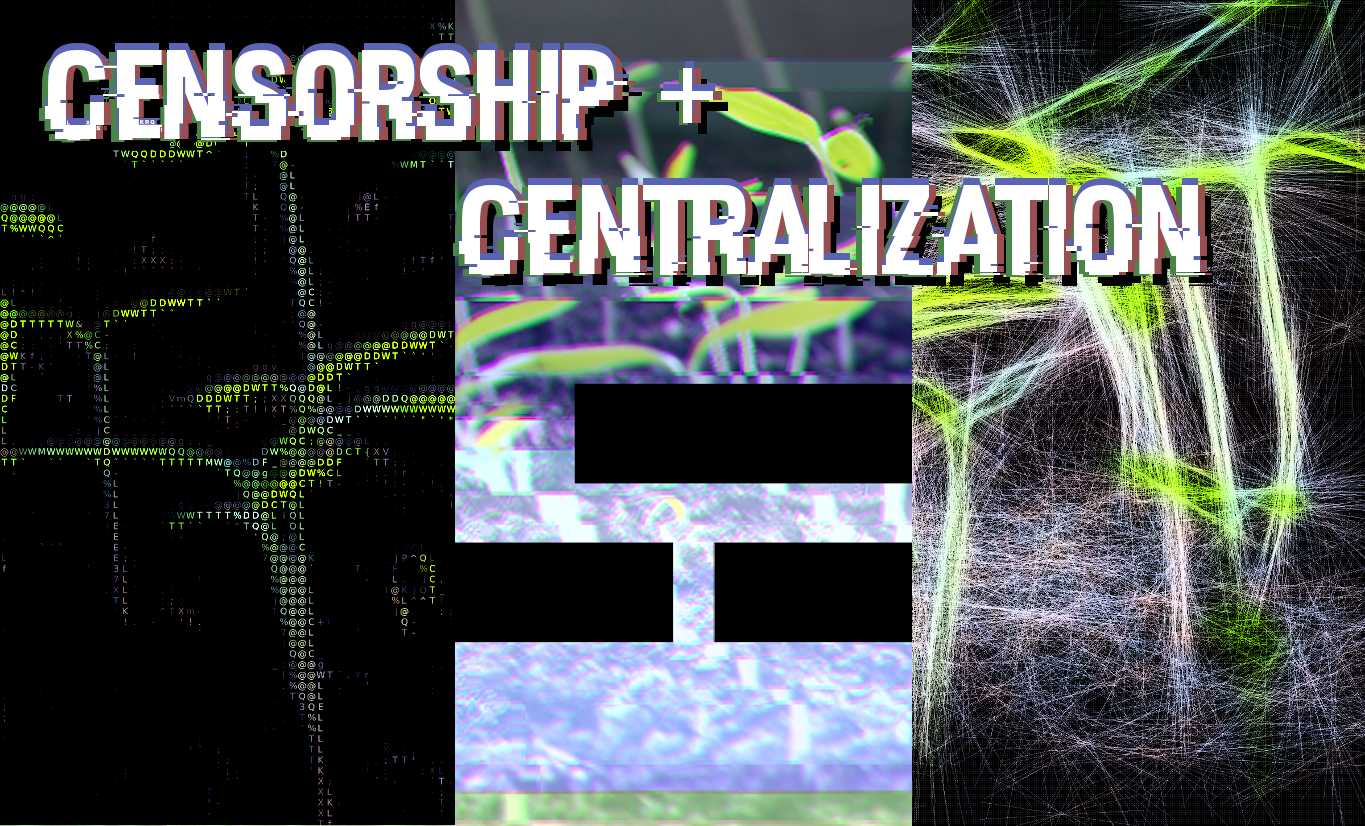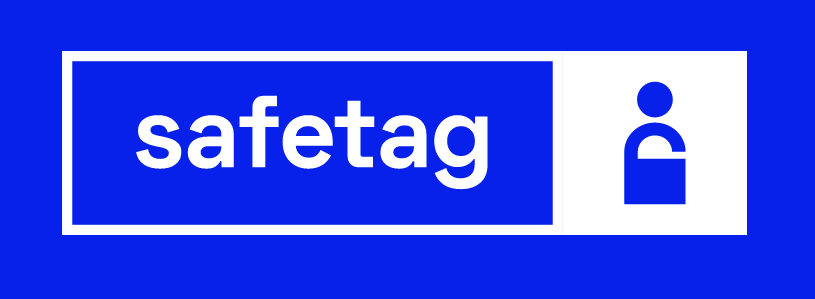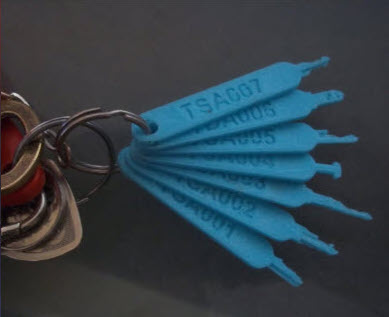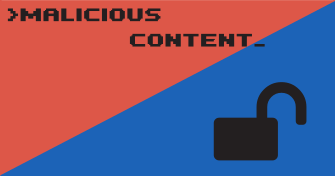Blogs
Internet Freedom's Final Frontier
The gravity of terrestrial attacks on human rights is not magically escaped in orbit
From the Tusks and Safety Department
What security and safety tooling do we need to build now if the fediverse scales to tens or hundreds of millions of users.
Censorship and Centralization
De-platforming gets thrown around as equivalent to censorship or getting kicked off of the Internet, but this is a dangerous and self-fulfilling lie.
Building Tools for Human Rights
It’s time to add licensing, auditing, and community requirements to our tool funding process to reduce risks while also contributing to building more inclusive tools
Recent: Goodbye, Drupal.md
Thoughts on moving this blog to a static site generator after 13 years of Drupal
Projects
Project: SatComms Safety
Satellite Communication Threats is an adversary-neutral review of known risks with satellite communications (satphones, BGANs, and LEO-orbit (StarLink) terminals).
Project: Level-Up
Level Up is a collection of digital safety resources targeted at trainers to build more engaging and impactful curricula
Project: SAFETAG
SAFETAG is a community-owned, capacity-centered framework for organizational digital security assessment that I co-authored.









